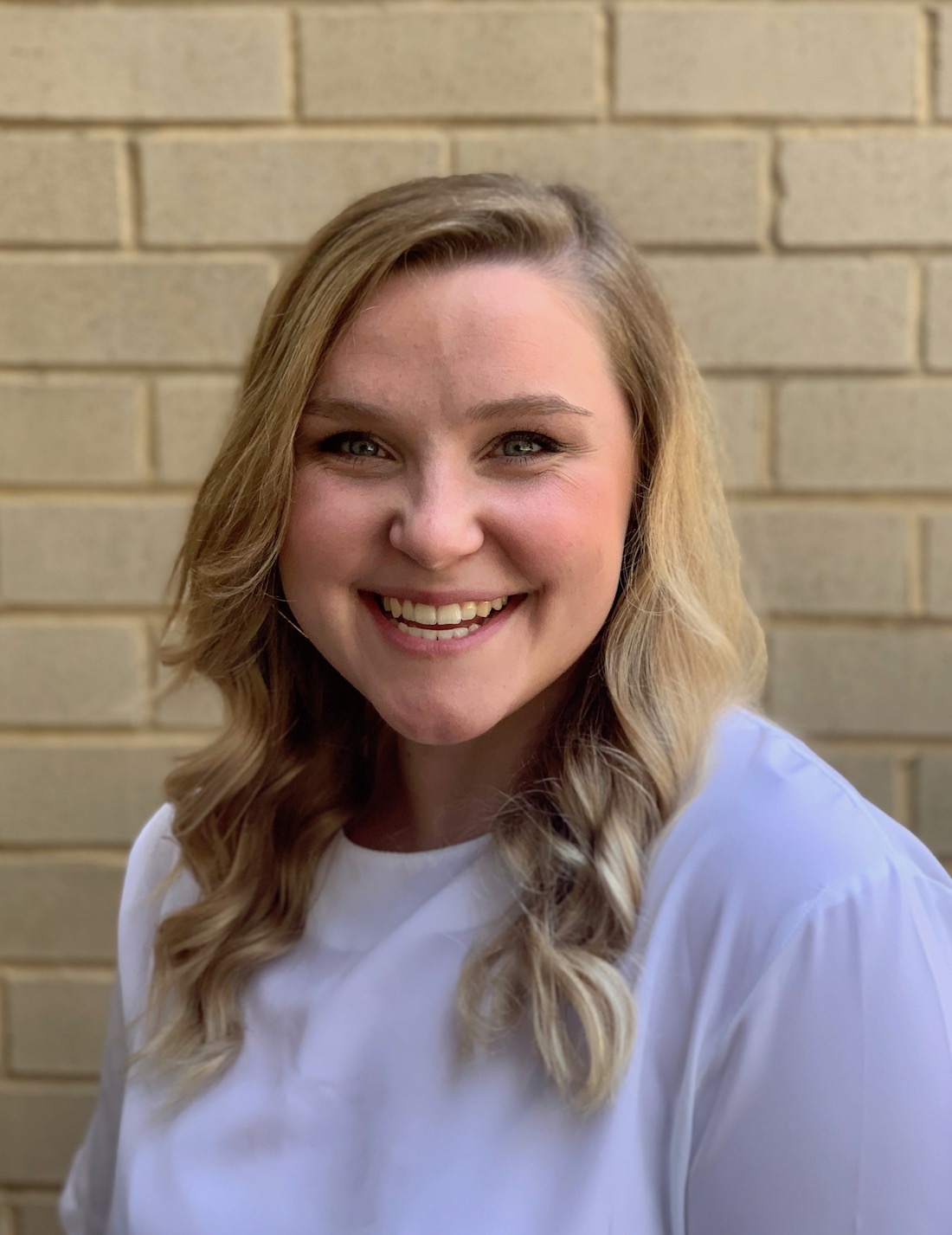March is “National Nutrition Month.” Every year the Academy of Nutrition and Dietetics (AND) releases a theme and initiative to help promote “healthy eating.”
This year, AND has released “Personalize Your Plate: There is no one-size-fits-all approach to nutrition and health. We are all unique with different bodies, goals, backgrounds, and tastes! And a Registered Dietitian Nutrition can tailor a healthful eating plan that is as special as you are.”
Woo! I am all for diversity of bodies, nutrition, and overall care. Our background and goals do impact our relationship with food- I am glad they captured that. However, there are a couple aspects to this initiative that exude diet culture and do not support diversity and overall well being.
The messaging for this year is broken down into four weeks for how we can be “healthy.” So, let’s dive in.
“Week One: Eat a variety of nutritious foods every day! Include healthful foods from all food groups, hydrate healthfully, learn how to read Nutrition Facts Panels, avoid distractions while eating, take time to enjoy your food.”
First off, the goal of eating “healthful” foods contributes to the idea that there are “good” foods and “bad” foods. This perception can grow into an unhealthy relationship with food. It is important we strip food of morality as we work to create a healthy relationship with food and our body.
Now, let’s address the elephant in the room…reading nutrition facts labels. Unless you have an allergy, I recommend avoiding these. It can be tempting to read over the amount of calories or ingredients. Especially when we are taught to diet from an early age.
However, selecting your foods and portioning based on the nutrition facts label is restrictive. Serving sizes on food labels do not account for your individual body’s needs. They also don’t take into account your level of hunger, your activity level, etc.
I thought this was about body diversity?
“Week Two: Plan your meals each week! Use a grocery list to shop for healthful foods, be menu-savvy when dining out, choose healthful recipes to make during the week, enjoy healthful eating at school, and at work, and plan healthful eating while traveling.”
We are seeing a pattern here with the promotion of “healthful foods.”
While meal preparation and planning can be helpful for some. It can help reduce food choice anxiety and save time during the week. I have also seen it be unhelpful especially for those in recovery. After all, it is important to remember that flexibility is key and that “healthful” looks different for everyone.
Practicing food flexibility whether in school, work, or while traveling is a large part of having a healthy relationship with food. We do not have to have specific foods at specific times or pack our own food to be “healthy”. “Healthful” also means grabbing food on the go that sounds yummy and satisfying!
“Week Three: Learn skills to create tasty meals! Keep healthful ingredients on hand, practice proper home food safety, share meals together as a family when possible, reduce food waste, try new flavors and foods.”
Time in the kitchen can be hard especially when there is fear about meal time. Diet Culture tells us that certain foods are “off limits.” And it tells us that we should be using “healthy” cooking practices. Trying new foods and creating meals depends on many factors. These factors include your comfort level around food and the kitchen, food accessibility, food preferences, time, kitchen accessibility, and more.
After all, cooking can help you find your own food preferences, explore culture, textures, and flavors. It can be a time of connection and celebration. If you would like to practice being in the kitchen more, then starting exposures with your dietitian can be helpful.
But remember, it is also okay to not want to cook or have a desire to be in the kitchen. Let’s normalize this. Learning which meals are accessible and easy for you to prepare, thaw, or heat is an important aspect of our relationship with food. Ordering food, dining out, or purchasing frozen meals are also ways you can explore foods much in the same way as cooking.
As Haley Goodrich says, “Cooking can mean what you want it to mean.”
“Week Four: Consult a Registered Dietitian Nutritionist!”
There are many areas of profession for Registered Dietitians. As an anti-diet dietitian that practices from a Health at Every Size lens, I work with clients to strengthen their relationship with their food and body. Working with a dietitian who is specialized to serve your unique needs can help you meet your goals.
We are currently accepting clients and would love to help support you in your recovery journey.
Advocate.
As we’ve seen, National Nutrition Month has a long history of promoting diet culture. As dietitians and members of the Academy of Nutrition and Dietetics it’s important we speak out against the false advertisement of “diversity” and “healthful eating.” Here are ways you can get involved and help change the voice of dietetics.
- Vote. Annual academy elections are held every February.
- Nominate someone you feel would be a great leader. You can send an email to nominations@eatright.org to send in your nominations.
- Advocate. The Action Center on the Academy’s website allows members and non-members to advocate for policy and legislation. Find at https://www.eatrightpro.org/advocacy
- Write or Call. Find your state Representative or Senator at the link above to send direct communication.
And lastly, remember, your voice matters.
Resources:

I am a Registered Dietitian dedicated to helping those in recovery. I have worked in both an intensive outpatient and a partial hospitalization setting where I have been able to help clients from all backgrounds develop a healthier relationship with food. I practice based on the philosophy that “all foods fit” and want to help clients create a sustainable and joyful experience with food and movement. I specialize in binge eating disorder recovery and enjoy working with clients to establish peace with food. I am a fat positive and anti-diet dietitian working from a Health At Every Size © and Intuitive Eating model.


